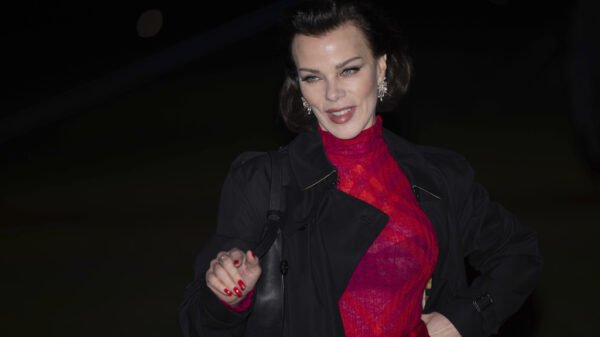The new television series, ALIEN: EARTH, has sparked a conversation surrounding the long-standing ALIEN franchise and its alleged underlying themes. Film critic Sara Clements asserts that the series introduces a distinct “queer-coded” perspective, reframing familiar narratives about identity and transformation.
Clements discusses how the franchise, originally focused on the invasion of alien creatures into human spaces, shifts its focus in ALIEN: EARTH. She argues that it presents a scenario where hybrids, representing human minds in new forms, embody an invasion not for survival but for servitude. This shift in perspective is pivotal in understanding the show’s narrative and its commentary on societal issues.
Exploring Themes of Identity and Transformation
Clements highlights that the show addresses themes of hybridization, likening it to the process of “transitioning.” She draws parallels to real-world experiences of transgender individuals, particularly those grappling with body dysmorphia. In a poignant moment, character Nibs, portrayed by Lily Newmark, confronts her fractured identity while gazing into a mirror, symbolizing the struggle between self-perception and societal expectations.
The narrative’s complexity is further emphasized through its characters. Boy Kavalier, a central figure, believes he is shaping humanity’s future, while Dame Sylvia, played by Essie Davis, grapples with her dual roles as a scientist and a maternal figure. Her question, “If they don’t stay human, then what did we win?” encapsulates the moral dilemmas faced by the characters and invites viewers to reflect on deeper meanings within the story.
Some audiences have expressed skepticism about the series’ direction. Critics argue that the emphasis on representation may detract from the core elements that initially attracted fans to the franchise. The sentiment is echoed in commentary suggesting that the inclusion of “queer-coded” elements might alienate traditional audiences.
Audience Reactions and Broader Implications
The response to Clements’ review has been mixed, with some viewers applauding the exploration of nuanced themes, while others lament the perceived politicization of entertainment. The tension highlights a broader cultural debate about representation in media, particularly within established franchises.
The controversy surrounding ALIEN: EARTH mirrors discussions seen with other series, such as Disney’s The Acolyte, which faced backlash for its portrayal of LGBTQ+ themes. Detractors often argue that these elements overshadow storytelling, while supporters contend that diverse narratives enrich the viewing experience.
In conclusion, as the conversation around ALIEN: EARTH unfolds, it underscores the ongoing dialogue about representation and identity in popular culture. Whether audiences embrace the series for its innovative perspective or resist it for perceived departures from tradition, the impact of such narratives is undeniable. The ALIEN franchise continues to evolve, challenging viewers to consider the complexities of identity within a science fiction context.
































































